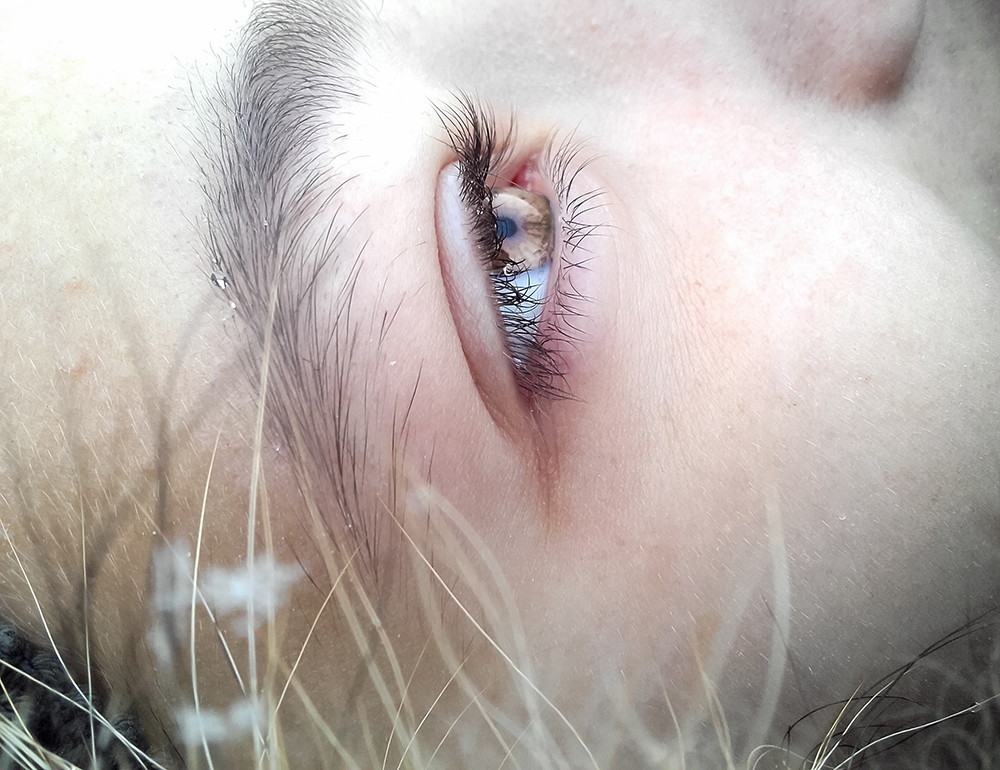Since June is Cataract Prevention Month, we have been focusing on bringing you the latest information on cataracts, their treatment and now their prevention. Preventing cataracts may be as simple as making some minor lifestyle changes to lower your chances of getting them.
Eating Right
At the top of the list is eating right! Research shows that changing your diet to include food rich in antioxidants with vitamins like C’s and E’s are good for your eye health. Think fruits and vegetables in colors of the rainbow for your best sources of vitamin C nutrition. Foods rich in vitamin E include nuts, nutmeats and nut oils and some green vegetables. Also, lutein and zeaxanthin are two more vitamins that can help eye health. You can find them in eggs and leafy green vegetables.
Stop Smoking
We all know by now that smoking is bad for your lungs and your heart but did you know it was bad for your eyes too? Smoking creates free radicals or chemicals that harm your eyes. Even is you smoked for years you can protect your eyes with antioxidants but not if you don’t stop smoking first! If you need help stopping smoking, contact your doctor for help.
Wear Sunglasses
Sunglasses can help cut your risk of cataracts. UV light causes changes in the eye and can also damage the proteins in your eyes. With so many choices for good looking glasses, why wouldn’t you choose to wear them? Just be sure to look for 99%-100% UV protection, glasses that fit properly and fit close to your eyes and ones that have a grey tint to help you see while you are driving.
Limit Alcohol
Research has shown that if you drink fewer than two standard-size drinks each day, your odds of getting cataracts may be lower than if you never drank at all. But research also shows that drinking more than two drinks a day (about 20 grams of alcohol), raises those odds.
Check You Blood Sugar
If you are a diabetic you should know that your chances of getting cataracts is higher than those who don’t have diabetes. Your lens swells if your blood sugar stays too high for too long. Your lens also changes blood sugar into sorbitol. When this substance collects in the lens of your eye, you see less clearly, and a cataract may form.
Have Your Eyes Checked Regularly
If you’re between 40 and 64, you should get a complete eye exam every 2 to 4 years. If you’re over age 65, you should get an exam every 1 to 2 years. If your odds are high for certain eye diseases, your eye doctor may want to see you more often.
For more helpful eye care and vision care tips, please visit our main blog page
Source: webmd.com
Image by Free-Photos from Pixabay


Trackbacks/Pingbacks